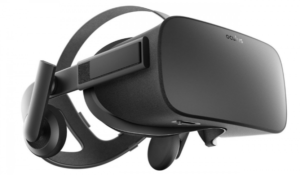Facebook, the power of the non-disclosure (confidentiality) agreement
Written by Briffa | February 13, 2017
A US court has held, that Facebook obtained virtual reality software from ZeniMax, after they acquired Oculus back in 2014. It was held, that Palmer Luckey, co-founder of Oculus breached his non-disclosure agreement (NDA) when he left Zenimax, taking his software code with him.
As a result, Facebook have been ordered to pay £395 million in damages. This Oculus (Facebook) case, encompasses all aspects of confidentiality; trade secrets, employee restraint and non-disclosure (confidentiality) agreements (NDA’s). In addition, breach of copyright and the misuse of trade marks.
This case highlights the unquantifiable importance of a carefully drafted robust NDA. This initial simple document, may ultimately be the cornerstone of any future litigation. The NDA, as a matter of course must include all intellectual property rights including confidential information, which equates to, know-how, trade secrets and the software of the business.
In addition to NDA’s, any employer should also consider carefully drafted employment contracts to include restrictive covenants, restricting the employee’s activities after their employment has ended. However, a restrictive covenant is only enforceable if it protects a legitimate business interest, including trade secrets and confidential information.
If you have any queries, regarding implementation of any agreements to protect your intellectual property, please contact Briffa. We are able to advise you of the most effective commercial way to protect your IP.

